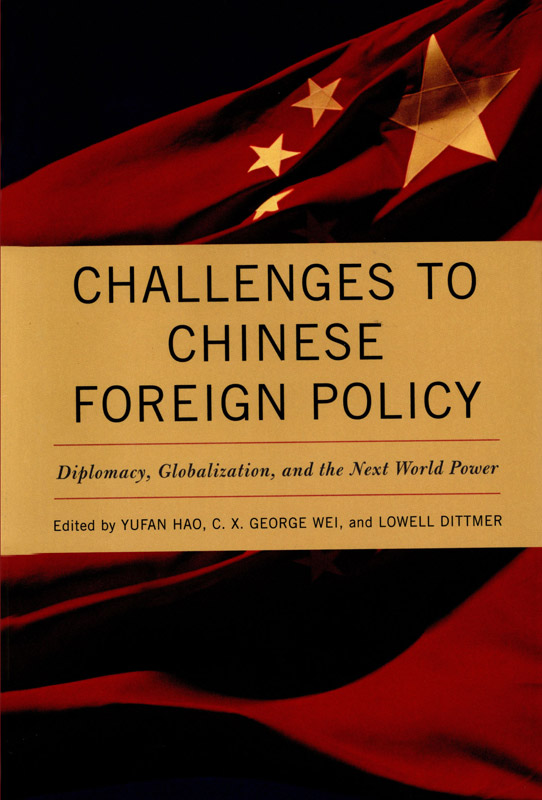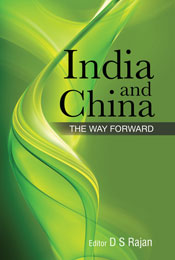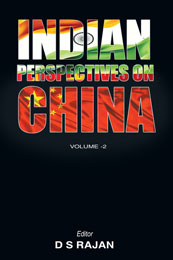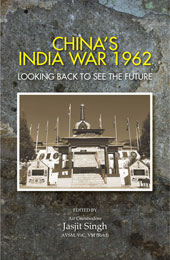Subjects
Challenges to Chinese Foreign Policy:Diplomacy, Globalization, and the Next World Power
Yufan Hao, C. X. George Wei, and Lowell Dittmer
When Beijing hosted the 2008 Summer Olympics, China symbolically demonstrated its role as an emerging world power—a position it is not likely to relinquish anytime soon. China’s growing economy, military reforms, and staggering productivity have contributed to its ascendancy as a major player in international affairs.
Other nations are reevaluating their economic and political relationships with China as it grows into a legitimate superpower. As a bastion of communism and a historically insular country, China remains enigmatic. In Challenges to Chinese Foreign Policy: Diplomacy, Globalization, and the Next World Power, editors Yufan Hao, C.X. George Wei, and Lowell Dittmer define the “peacefully rising” position currently articulated by Beijing and its implications for international peace and security. They also describe the world’s evolving perceptions of Chinese foreign relations, as well as Beijing’s diplomatic strategy toward the United States, Europe, Japan, Russia, and other Asian nations. Western scholars have attempted to explain Chinese foreign policy using historical or theoretical evidence, but until this volume, few studies from a Chinese perspective have been published in English.
Challenges to Chinese Foreign Policy reveals how Chinese scholars view their nation’s rise to global dominance. Drawing on the knowledge of a wealth of foreign relations experts including scholars native to the region, this volume examines the unique challenges China faces as it adapts to being a world leader, and it analyzes how China’s international relationships are shaping the global landscape of the twenty-first century.


 Political Science
Political Science



